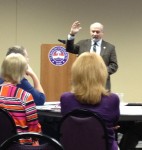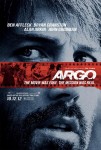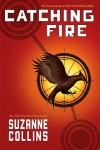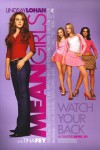I know, I know: ‘A Weekend Wrap-Up on Wednesday?’ Well, at least it is an alliteration. My weekend kicked off with featured speaker Dr. Gary Machlis, which I posted a summary of Monday. Now I would like to reflect on a delightful fall weekend, one I believe represents the epitome of Clemson’s offerings.
Fall colors are coming to Clemson quickly and beautifully. Watching the early morning light illuminate the leaves has been a true delight.

Friday night, a good friend of mine, Beth, came to visit. We attended a heated volleyball game between Clemson and Miami. 24th ranked Miami came out on top, but our Tigers put up a good fight. Following the game, we rendezvoused at Alex’s house for a rousing political discussion and beer. What could be more American (or adult) than a beer summit? Beth and I continued the discussion at my apartment then went to bed at a reasonable hour (too adult?).
 Saturday morning started with pancakes, which were shortly followed by the spoils of Clemson tailgating. In Tiger Town, Tailgating is not an activity, it is a lifestyle. Why else would we be voted number one in Southern Living? Now it is time for a confession: I am a tailgating weenie. I get my fill after two hours, so while a noon game is a travesty to hardcore tailgaters, it is a blessing to me. I can save face and still have the rest of the day to allocate as a I choose, which this Saturday meant a long run, strength training, Grey’s Anatomy, and grocery shopping. I did reconnect with friends in the evening, so I’m not a completely lost cause.
Saturday morning started with pancakes, which were shortly followed by the spoils of Clemson tailgating. In Tiger Town, Tailgating is not an activity, it is a lifestyle. Why else would we be voted number one in Southern Living? Now it is time for a confession: I am a tailgating weenie. I get my fill after two hours, so while a noon game is a travesty to hardcore tailgaters, it is a blessing to me. I can save face and still have the rest of the day to allocate as a I choose, which this Saturday meant a long run, strength training, Grey’s Anatomy, and grocery shopping. I did reconnect with friends in the evening, so I’m not a completely lost cause.
On Sunday, I hit the trails in Oconee State Park along with several graduate students from my former department. Like I mentioned at the outset, fall colors are coming quickly and beautifully to our region. The two-mile ridge line trail led us to Tamassee Knob and excellent views. While hiking, I enjoyed the feel of the warm sun mixed with the tender, but chill breeze. It was the longest period of time I had been out of cell phone reception in recent memory, and I soaked in every minute. Returning to our base camp at a friend’s rented cabin, we refueled on chips, peanuts, and s’mores before trekking home. A great day and another Fall Clemson To-Do checked off the list. I hope you had an equally rewarding weekend!





